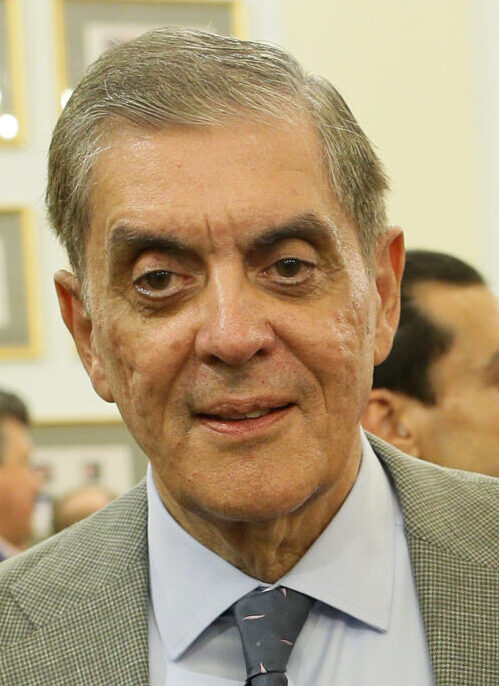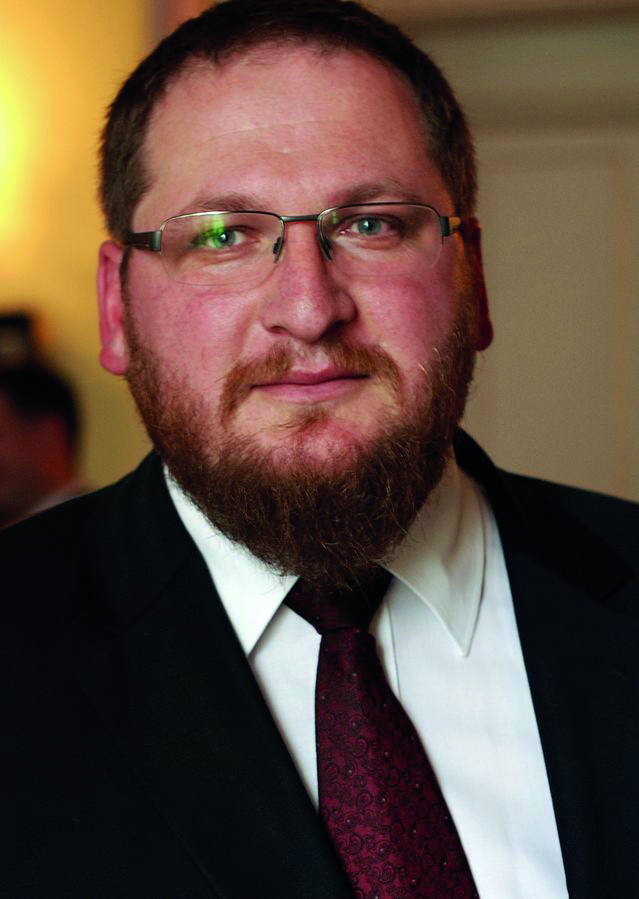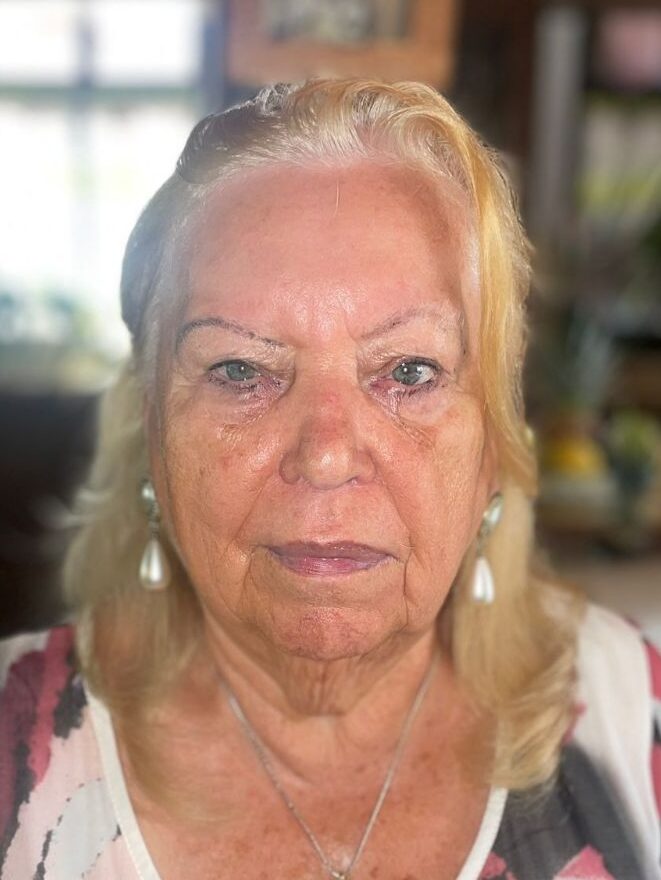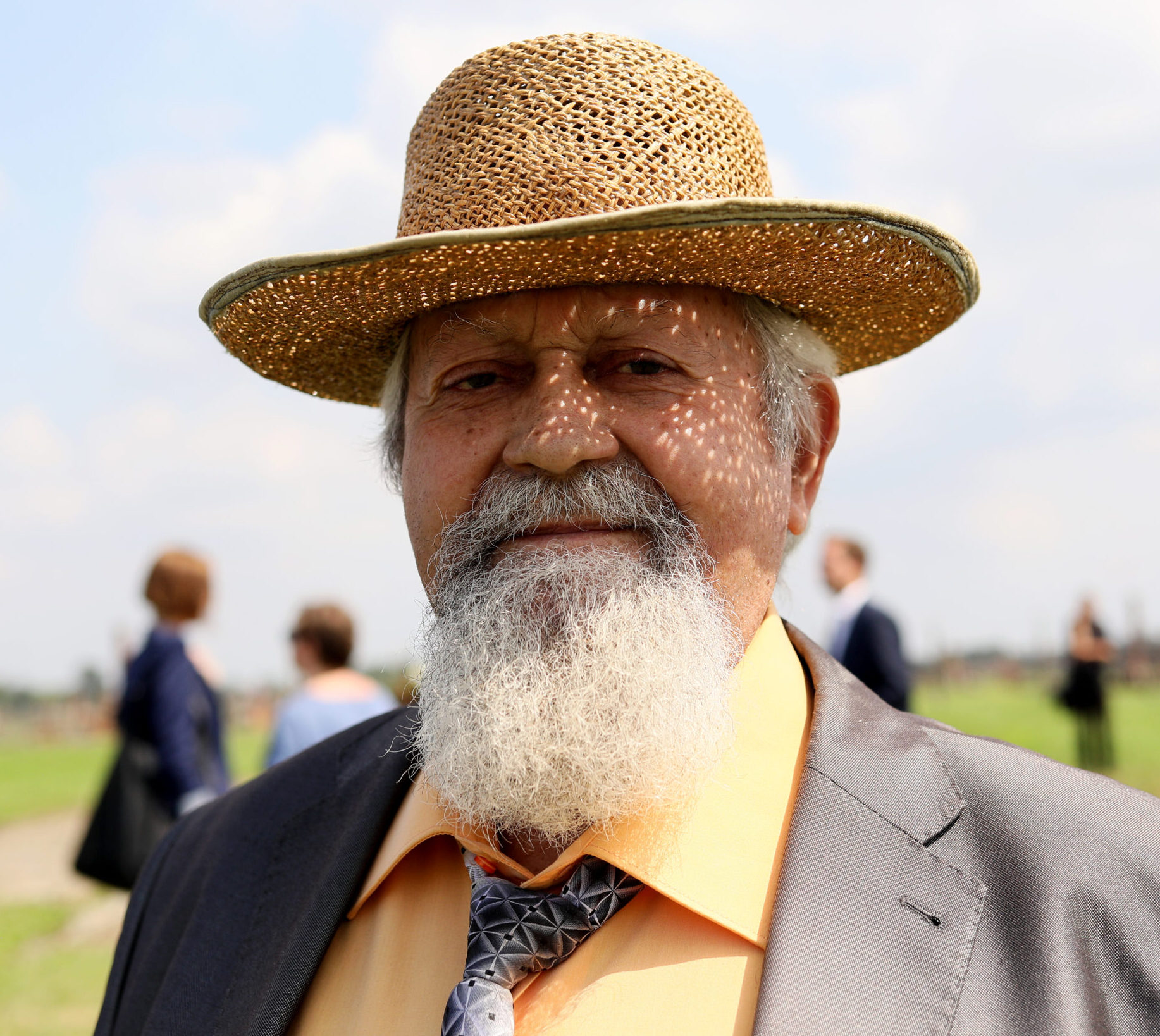2 August 2024
Władysław Teofil Bartoszewski
Secretary of State, Polish Ministry of Foreign Affairs
Commemoration speech on the occasion of 2 August 2024, Holocaust Memorial Day for Sinti and Roma
We are at the place where, especially on August 2, the European memory is focused on the extermination of the Roma and Sinti.
We remember a cruel and painful time that cast a dark shroud over the civilization. The industrialised murder of people that was carried out in Auschwitz-Birkenau and other extermination sites represents an unprecedented crime, an agony of civilization. Nazism created ghouls not seen before, not even in the worst nightmares.
Approximately 20,000 Roma and Sinti were murdered at Auschwitz-Birkenau. The majority, however, died not in the camps, but as a part of mass executions, in places where the people had just been captured. The killings were carried out by Einsatzgruppen, Wehrmacht soldiers, gendarmerie and local police, and in some cases by collaborators. A total of about half a million Roma and Sinti lost their lives during the war. Almost every Roma family was affected by the extermination. To this day, this traumatic experience is a resonant part of their collective memory, although for many reasons it has been excluded from public discourse and historians’ studies for many years.
The extermination of the Roma received a marginal treatment already at the Nuremberg trials. Thus, until the 1970s, according to Dr. Gabrielle Tyrnauer, a renowned researcher, it represented “an almost forgotten footnote to the history of the Nazi genocide.” In 1971, the first Congress of the World Roma Union was held in London, which marked the beginning of the movement for recognition of the “forgotten Holocaust.”
Ladies and Gentlemen,
Remembering should be a reflection of historical truth. In 1994, Roma and Sinti from around the world gathered at the Auschwitz-Birkenau site to commemorate the 50th anniversary of the extermination at the concentration camp.
Since then, they have met at this site every year on August 2.
It is presumed that the first information on the subject appeared in the Polish media in 1953 as a piece of research done by Jerzy Ficowski. If it had not been for him, we would not have known these heartbreaking words of lament sung by the Roma at Birkenau: “They brought us through the gates, they let us out through the chimneys. We won’t leave the camp anymore, we won’t meet our sisters or brothers.” If it had not been for other Polish authors, such as Seweryna Szmaglewska, author of “Dymów nad Birkenau,” (Smokes over Birkenau) a memoir published in 1945, we would not have known this description of the last moments of the Roma in the concentration camp at Auschwitz:
(….)A few weeks later, the men’s camp snapped out of its slumber awakened by the screams of thousands of people. (…)
In the brightly lit gypsy camp urged by SS officers, Gypsies, Gypsy women and their children run out onto the road. Formed in groups of five, they are instructed to get out on the road and go to the crematorium. They resist and from there those screams spread over Birkenau. The screams last all night, but by the morning the gypsy camp is empty. (…)
Dear Ladies and Gentlemen,
the list of Nazi crimes is long and horrifying. We cannot change the past. However, we can overcome its repercussions. Let us be well aware that 80 years after those events, Sinti and Roma still experience speech of hate, violence, discrimination and racism in their daily lives. The difficult and negative history and the present situation can be changed, it depends on us, on people of good will. To remember is more than just to recall, to celebrate. For us, contemporaries, it should mean – never consent to evil, do not condone the lack of respect for the different, do not allow the ideology of hatred. To stand firmly and to oppose those who are ready to trample on human life and human dignity.
At the turning of the 1990s, a number of Roma organizations were established in Poland. One of of their main goals is to remember the tragedy of the war, but at the same time – to care for the present life, for better opportunities for the Roma community. Among us is the Association of Roma in Poland, led by mister chairman Roman Kwiatkowski. In 2019, the Association published the first and only guidebook so far for visitors to the Auschwitz-Birkenau Memorial Site and Museum, dedicated to the Roma prisoners called “The Extermination of European Roma in Auschwitz.” At this point, I would like to express my utmost gratitude to the very association and its chairman, as well as to the Central Council of German Sinti and Roma, led by chairman Mr. Romani Rose, organizers of the commemoration of August 2. Without their efforts and perseverance, our memory of World War II and the German occupation would not be complete.
Thank you for your attention.
Władysław Teofil Bartoszewski
Secretary of State
Ministry of Foreign Affairs of the Republic of Poland
Statements 2024

Romani Rose
Central Council of German Sinti and Roma

Roman Kwiatkowski
Association of Roma in Poland

Piotr Cywinski
Director of the Memorial and Museum Auschwitz-Birkenau

Alma Klasing
Holocaust survivor

Bolesław Rumanowski
Holocaust survivor










